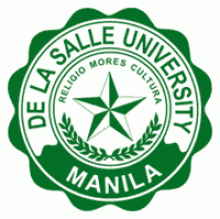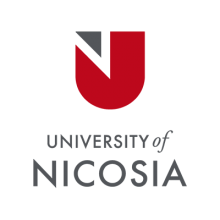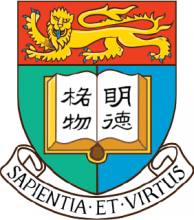About Hiroshima Shudo University
Hiroshima Shudo University is a private university with around 6,300 students located in Hiroshima, Japan.
The university claims its origins date back to 1725, when Yoshina Asano, fifth lord of the Hiroshima Clan, established a school in the region. The current institution was established as a four-year-college in 1960 and will celebrate its 60th anniversary in 2020.
The name “Shudo” is taken from a text of the Chinese Confucian religion, which also gives the university its motto: “Cultivating the Way”. Every student enrolled at Hiroshima Shudo is obliged to take certain classes, known as “Shudo Standard” subjects. These include English lessons, career planning and local area studies.
There are seven faculties at the institution with 200 teaching staff: commercial science, humanities and human sciences, law, economic studies, human environmental studies, health sciences, and global and community studies.
Hiroshima is known internationally as being one of the two Japanese cities upon which an atomic bomb was dropped by US forces during the Second World War. The centre of the city now features the Hiroshima Peace Memorial, the shell of an exhibition hall which was one of the only structures left standing near to where the bomb was dropped.
The Peace Memorial is one of just a few pre-war buildings that remain in Hiroshima, which is now a prosperous metropolis with a population of over a million. Visitors are encouraged to try out local delicacies such as oysters and okonomiyaki, a type of savoury pancake.
Explore these featured universities
Explore rankings data for Hiroshima Shudo University
Key statistics
- 1%Percentage of International Students(1)
- 6,253Number of FTE Students(1)
- 22.2No. of students per staff(1)
- 19%Proportion of ISR Publications(1)
- 37 : 63Student Ratio of Females to Males(1)
- ¥1,340Finance per Student (¥000s)(2)
Subjects taught at Hiroshima Shudo University
Business & economics
- Economics & Econometrics
- Business & Management
Psychology
- Psychology
Law
- Law
Arts & humanities
- Languages, Literature & Linguistics
Social sciences
- Sociology
- Politics & International Studies (incl Development Studies)
Physical sciences
- Geology, Environmental, Earth & Marine Sciences
Education
- Education
Clinical, pre-clinical & health
- Other Health










